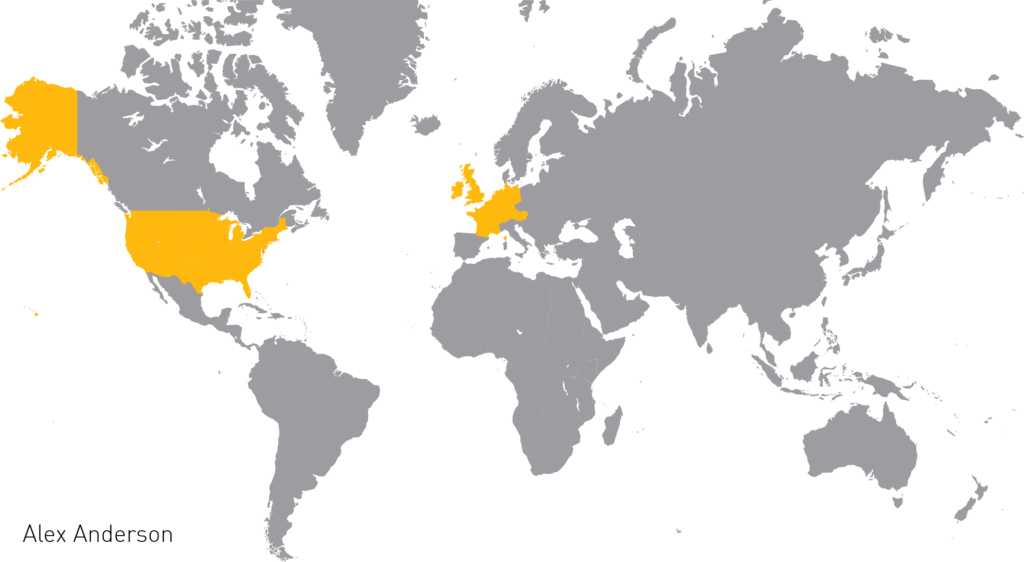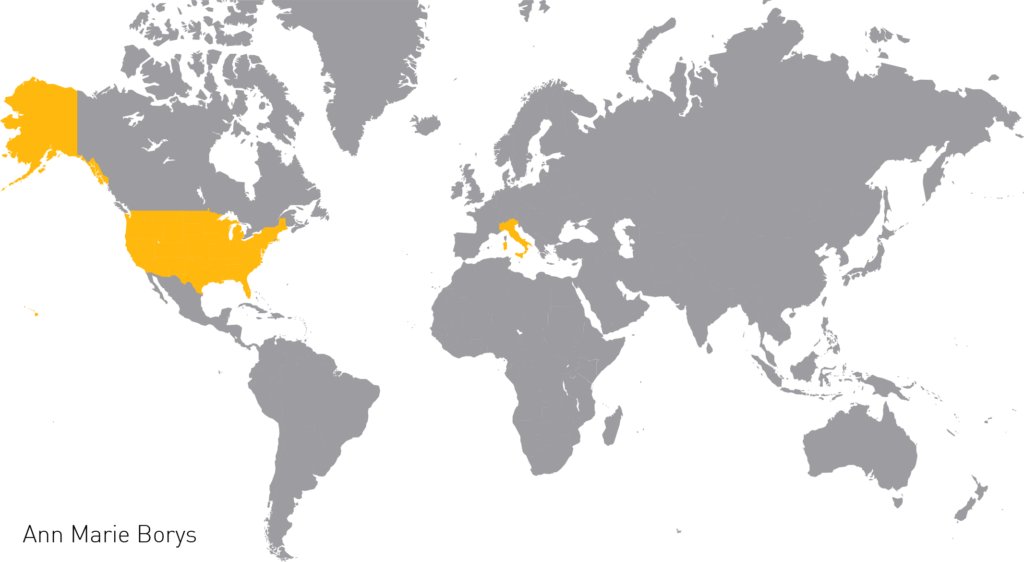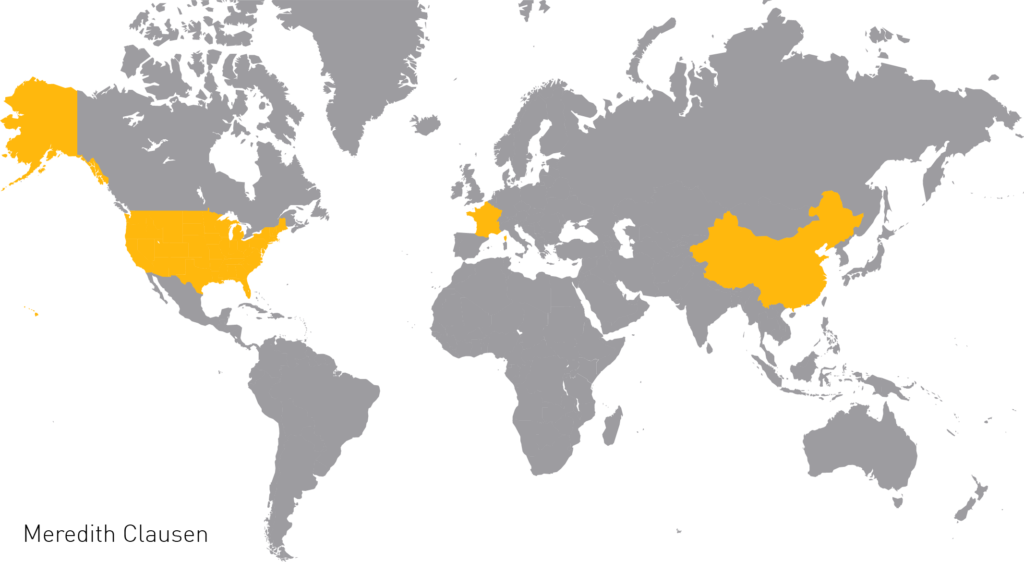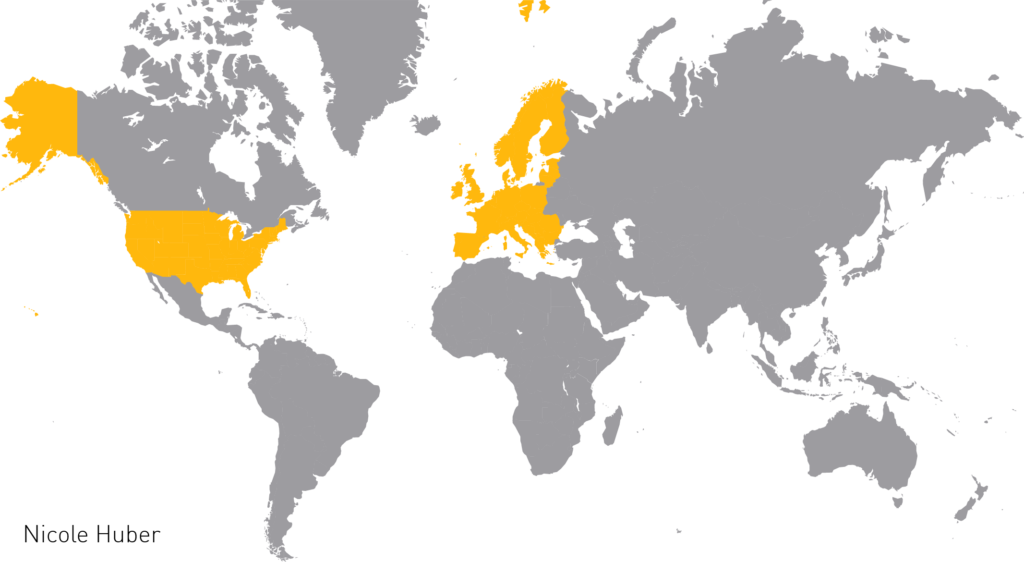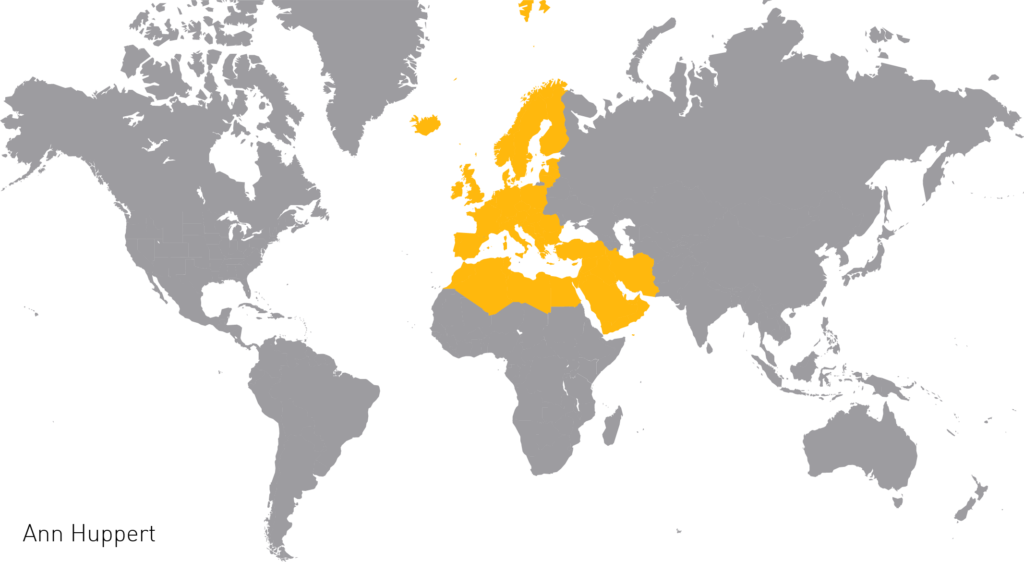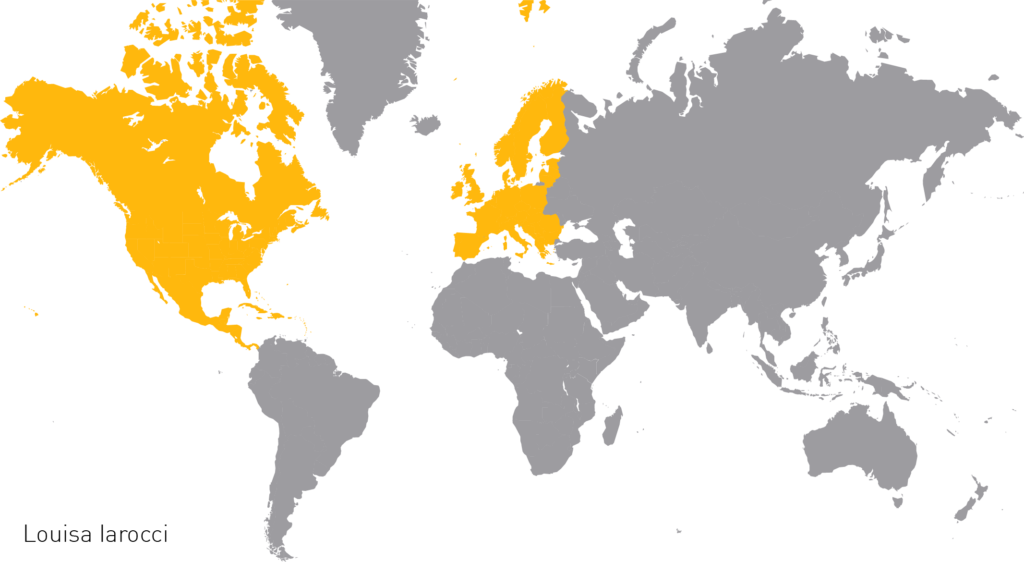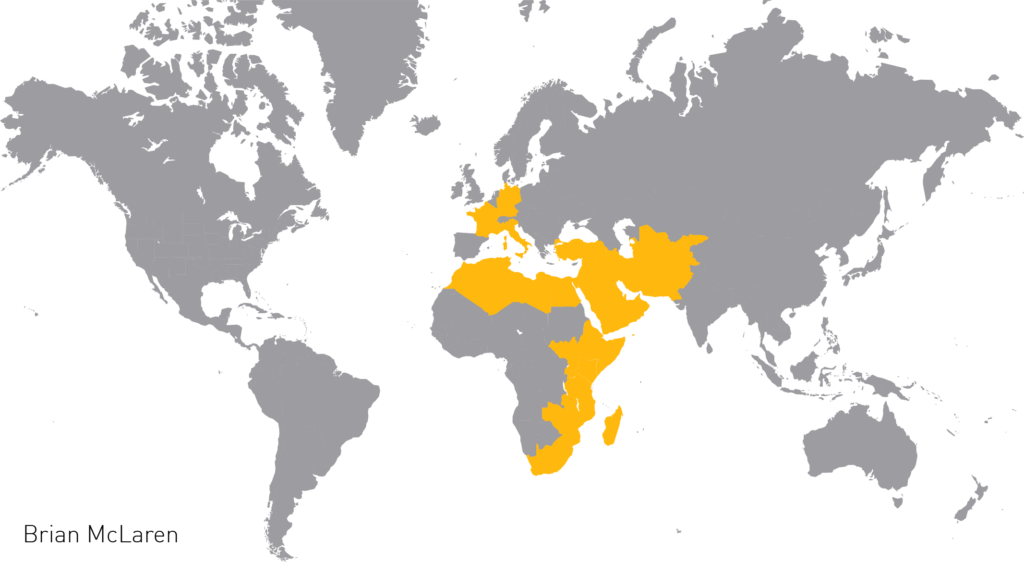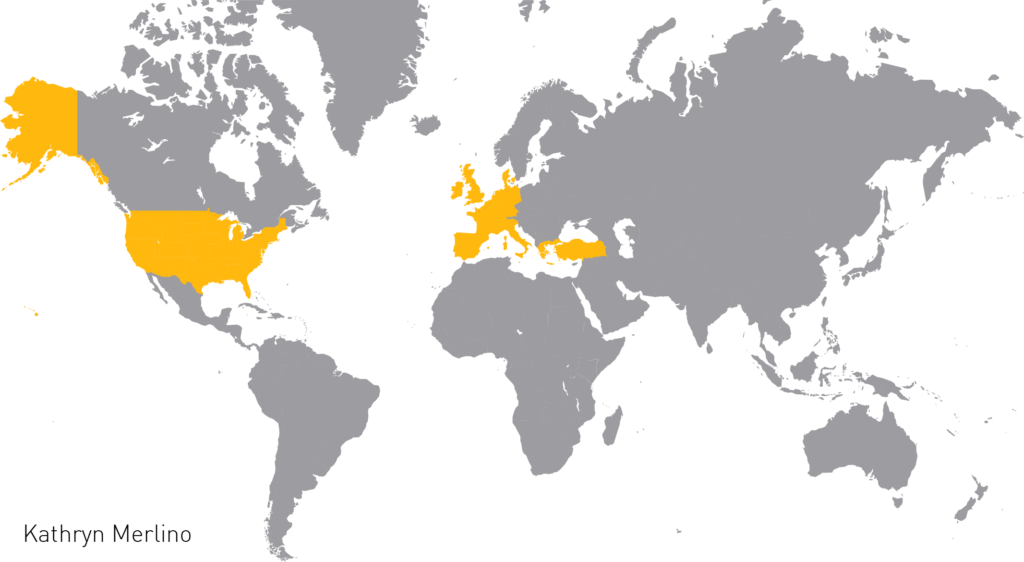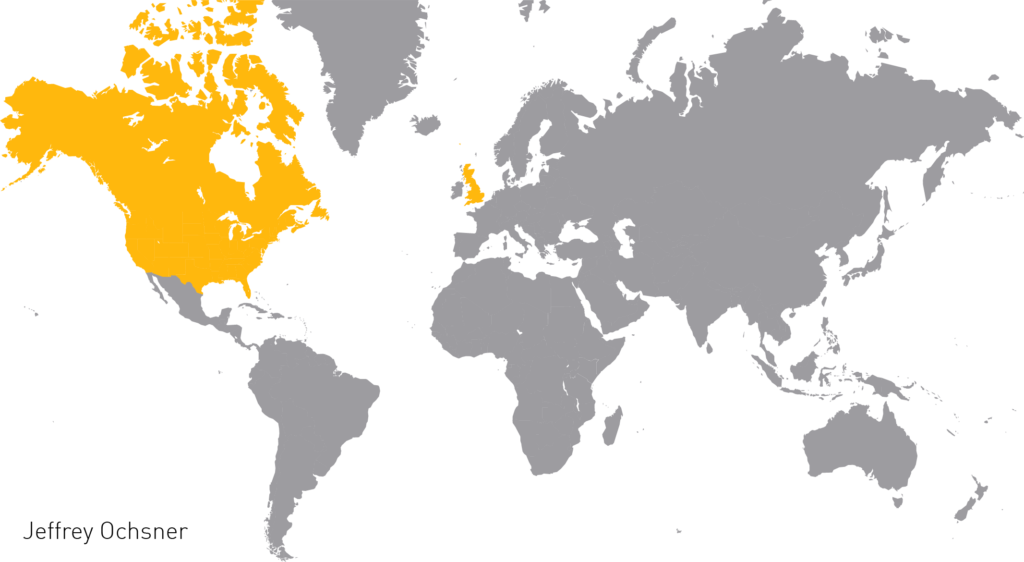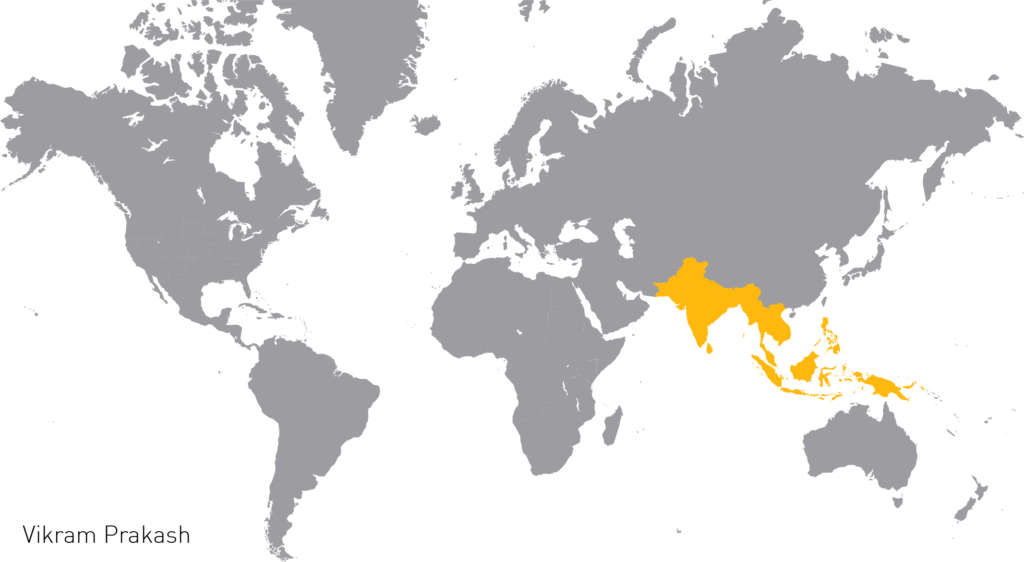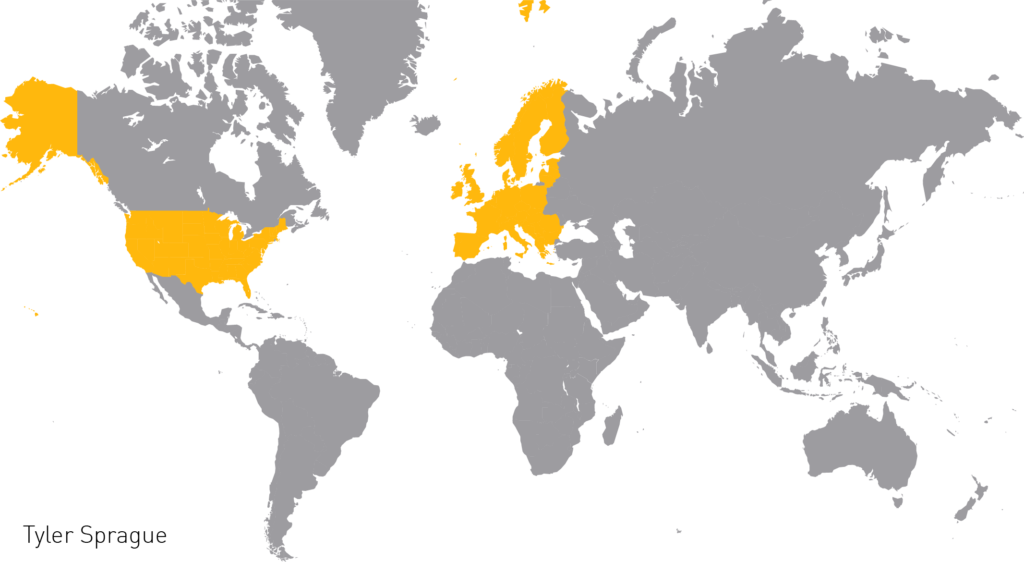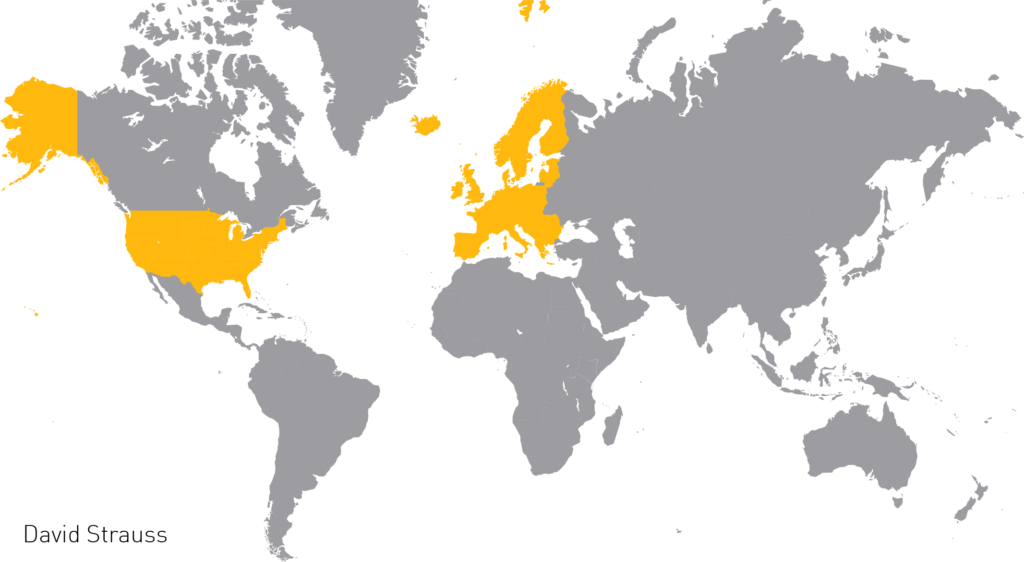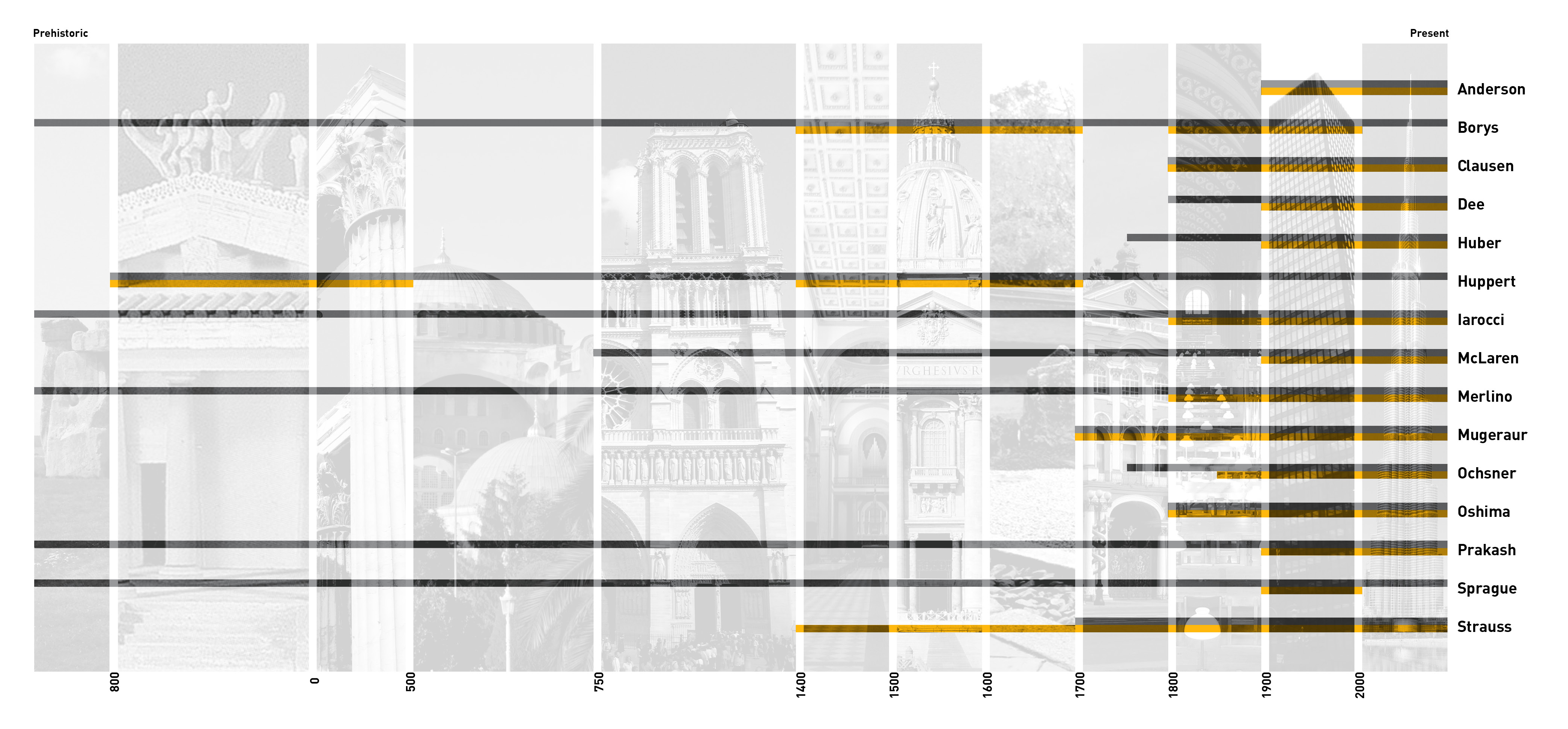The MS in Architecture stream in History and Theory provides the opportunity for architects, recent architecture graduates and other qualified individuals to pursue advanced research on the history and theory of architecture applying a variety of historical and critical lenses. Although general faculty interests are in nineteenth and twentieth century architecture, the program is broadly conceived to encompass the architectural, cultural and political forces that have shaped the continuing discourse of modernity in architecture, including all of its contemporary manifestations.
Particular areas of faculty research include the many forms of modernity in architecture and urbanism in the traditional theatres of the West as well as the rest of the world. Subsets of these interests are: modern architecture and the decorative arts; the history and theory of preservation; architectural representation; the arts and crafts movement; and vernacular and domestic architecture. Faculty expertise also includes issues in regional and global modernity— an area of research that addresses the current demand to re-conceptualize the local-global duality and ensuing conversations of dialectical identity. Modernity in architecture is studied in both micro and macro environments. Examples of specific locations of interest include Pacific Northwest regionalism as well as colonial and postcolonial architecture in South Asia, Japan, Africa and the Middle East.
The program faculty share a dedication to providing a rigorous curriculum of historical and critical inquiry. During the first year, the students will take a core curriculum of three required classes that are intended to build their research skills and prepare them to do an advanced research project on a topic of their choice. The students will also take a variety of seminars in order to strengthen their background and refine their skills in research, historical interpretation and critical analysis. Throughout this process students work with their advisors to select the courses and seminars that best suit their research interests and to prepare a clear and focused thesis topic.
For application requirements and materials, see MS Admissions.
Curriculum
A minimum of 45 quarter credits will be required for the completion of the program. The program will require 36 credits of coursework and 9 credits of thesis. The program requirements will be structured to fit the individual areas of specialization; however, certain common course requirements will be required of all M.S. History and Theory stream students. The core curriculum of 24 credits is comprised of a series of three classes that combine discipline specific knowledge building with a focus on applied research skills and the thesis proposal and masters thesis. The final 21 credits of course work involve a series of history and theory seminars that are determined in consultation with a faculty adviser.
Course Schedule
24 credits core curriculum courses
21 credits history and theory selectives
| Year 1 | ||
| Autumn quarter | Winter quarter | Spring quarter |
| Arch 560 Graduate Seminar in Arch Theory (3)
Selective (3) Selective (3) Selective (3) 12 credits |
BE 552 Theories of Knowledge & Built Environments (3)
Selective (3) Selective (3) Selective (3) 12 credits |
Arch 597 Research Practicum (5)
Selective (3) Selective (3) 11 credits |
| Year 2 | ||
| Autumn quarter | Winter quarter | |
| Arch 599 Thesis Prep (4)
Selective (3) 7 credits |
700 Master’s Thesis (9)
9 credits |
Note 1: The Master of Science in Architecture curriculum includes a total of 45 course credits. Generally, the requirements for this degree, including thesis, can be fulfilled in 4 or 5 quarters. The degree must be completed on the University of Washington’s Seattle campus.
Note 2: 21 credits of history and theory courses can be selected from Arch history/preservation and Arch theory seminars or any other relevant University of Washington courses numbered and above, as approved by a program advisor. At least 7 credits of selectives must be 500 level and numerically graded.
